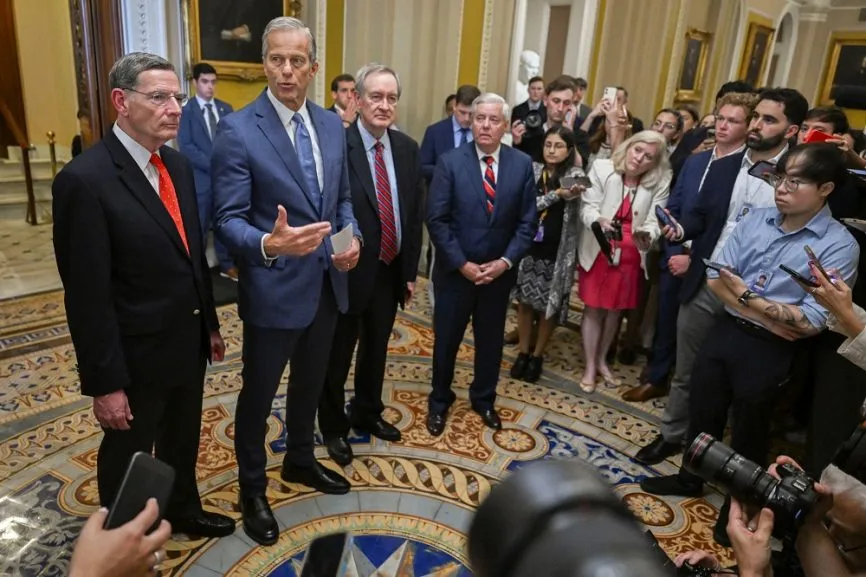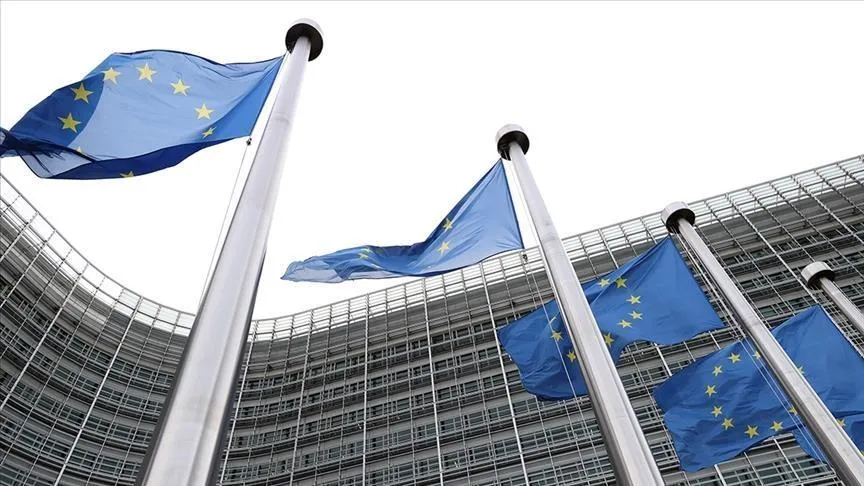The International Monetary Fund (IMF) has offered a pragmatic solution to address the mounting debt crisis in developing economies, particularly Malawi. The IMF’s recommendation comes after observing a concerning trend of escalating public debt in these nations over the last decade.
In response to this growing crisis, the IMF has proposed a set of targeted measures aimed at curbing rising debt levels and stimulating economic growth. These measures include reducing barriers to entry in utility markets, establishing robust financial supervision and regulatory frameworks, and easing restrictions on foreign exchange transactions and cross-border capital flows. Notably, IMF senior economists Gabriela Cugat and Carlo Pizzinelli stress that these steps could potentially lead to a substantial three-percentage point reduction in the debt-to-GDP ratio.
The urgency of this recommendation is underscored by Malawi’s precarious debt situation. As of December 2022, Malawi’s debt has surged to K7.9 trillion ($7.2 billion), equivalent to a staggering 69.9% of the nation’s GDP. To address this pressing issue, Macdonald Mafuta Mwale, the Secretary to Treasury, has announced government measures, including debt restructuring and expanding the tax base.
Recent data disclosed by the IMF reveals a worrying trajectory of public debt in developing countries. From 2010 to 2021, total public debt in these nations has risen from 35% of GDP to 60%, while external public debt has increased from 19% of GDP to 29%. These figures emphasize the immediate need for regulatory adjustments and market reforms to mitigate this growing challenge.
In a recent blog post released earlier this week, the IMF emphasized the critical role that improving market functioning can play in reducing debt-to-GDP ratios by stimulating economic output. While certain market-oriented policies may initially impact fiscal accounts negatively, such as reduced tax revenue due to tariff elimination, these effects can be offset over the long term through increased economic activity. Furthermore, the IMF’s analysis highlighted that the effectiveness of these reforms could be influenced by factors such as initial debt levels, tax collection efficiency, and the timing of their implementation.
Currently, the IMF is diligently evaluating Malawi’s performance under a staff-monitored program initiated last year. Malawi is actively seeking a possible Extended Credit Facility program with the Bretton Woods institution, following the cancellation of the previous program in 2020.
The IMF’s recommendation underscores the critical need for proactive market reforms in developing economies, including Malawi, to effectively address the growing debt crisis and lay the foundation for sustainable economic growth.
Photo Source: Google
By: Montel Kamau
Serrari Financial Analyst
14th September, 2023
Article, Financial and News Disclaimer
The Value of a Financial Advisor
While this article offers valuable insights, it is essential to recognize that personal finance can be highly complex and unique to each individual. A financial advisor provides professional expertise and personalized guidance to help you make well-informed decisions tailored to your specific circumstances and goals.
Beyond offering knowledge, a financial advisor serves as a trusted partner to help you stay disciplined, avoid common pitfalls, and remain focused on your long-term objectives. Their perspective and experience can complement your own efforts, enhancing your financial well-being and ensuring a more confident approach to managing your finances.
Disclaimer: This article is for informational purposes only and does not constitute financial advice. Readers are encouraged to consult a licensed financial advisor to obtain guidance specific to their financial situation.
Article and News Disclaimer
The information provided on www.serrarigroup.com is for general informational purposes only. While we strive to keep the information up to date and accurate, we make no representations or warranties of any kind, express or implied, about the completeness, accuracy, reliability, suitability, or availability with respect to the website or the information, products, services, or related graphics contained on the website for any purpose. Any reliance you place on such information is therefore strictly at your own risk.
www.serrarigroup.com is not responsible for any errors or omissions, or for the results obtained from the use of this information. All information on the website is provided on an as-is basis, with no guarantee of completeness, accuracy, timeliness, or of the results obtained from the use of this information, and without warranty of any kind, express or implied, including but not limited to warranties of performance, merchantability, and fitness for a particular purpose.
In no event will www.serrarigroup.com be liable to you or anyone else for any decision made or action taken in reliance on the information provided on the website or for any consequential, special, or similar damages, even if advised of the possibility of such damages.
The articles, news, and information presented on www.serrarigroup.com reflect the opinions of the respective authors and contributors and do not necessarily represent the views of the website or its management. Any views or opinions expressed are solely those of the individual authors and do not represent the website's views or opinions as a whole.
The content on www.serrarigroup.com may include links to external websites, which are provided for convenience and informational purposes only. We have no control over the nature, content, and availability of those sites. The inclusion of any links does not necessarily imply a recommendation or endorsement of the views expressed within them.
Every effort is made to keep the website up and running smoothly. However, www.serrarigroup.com takes no responsibility for, and will not be liable for, the website being temporarily unavailable due to technical issues beyond our control.
Please note that laws, regulations, and information can change rapidly, and we advise you to conduct further research and seek professional advice when necessary.
By using www.serrarigroup.com, you agree to this disclaimer and its terms. If you do not agree with this disclaimer, please do not use the website.
www.serrarigroup.com, reserves the right to update, modify, or remove any part of this disclaimer without prior notice. It is your responsibility to review this disclaimer periodically for changes.
Serrari Group 2025





